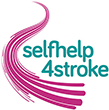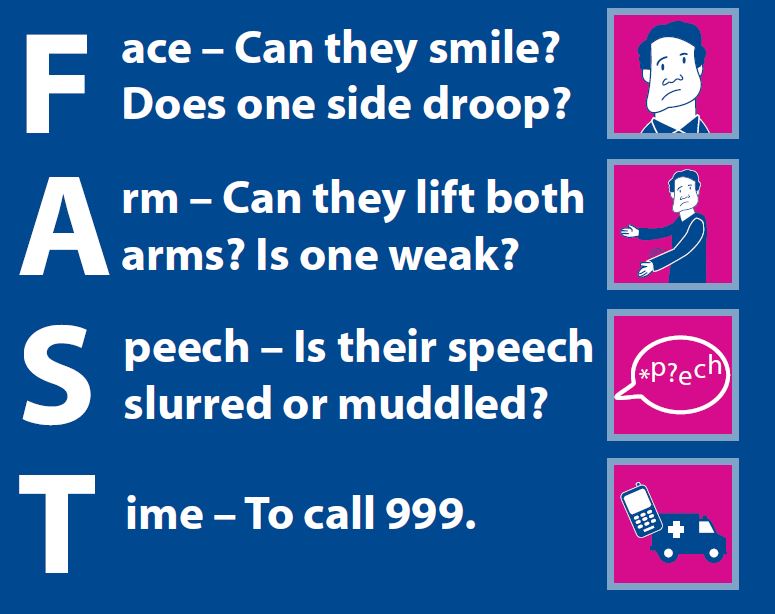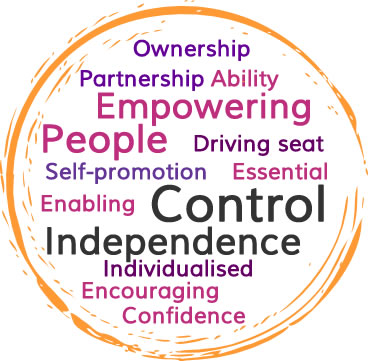A stroke is a brain attack. It happens when the blood supply to the brain is disrupted. Most strokes occur when a blood clot blocks the flow of blood to the brain. Some strokes are caused by bleeding in or around the brain from a burst blood vessel. Have a look at the animations below to see how this can happen.
Ischaemic stroke
In an ischaemic stroke the blood vessel is blocked by a blood clot, which interrupts the brain’s blood supply. (This video does not have sound).
Haemorrhagic stroke
Haemorrhagic strokes occur when a blood vessel in the brain ruptures and bleeds into the surrounding brain tissue. (This video does not have sound).
Now lets answer some common questions.





